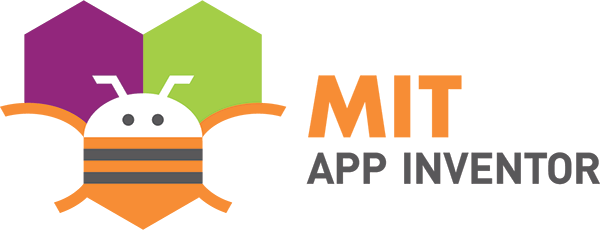
Everyone can Become a Developer
Presenting the basic principles and steps in creating a computer program this first level introduces young programmers to the world of block programming. Using various basic tools to create diverse beginner projects, children learn about the key features of the computer system, learn concepts such as "software", "hardware", "algorithm", "program" and "programming environment". Harmoniously combining learning and entertainment children develop their ability for logical thinking. Representing basic software development concepts such as "events", "cycles", "variables", and "conditions" through the means of visual programming makes them easily comprehensible to children without previous code writing experience. The use of different programming environments, as well as the application of a variety of learning approaches, enable each young programmer to explore their interests and demonstrate his/her strengths. Building on the basic coding concepts that have been presented in the first three modules, the last module on the first level introduces children to web programming and prepares them to take the first steps toward creating their own web page.

Certificate

The student will receive certificate for each completed level.
Bonus points
500 points
Each completed module is bringing you 100 points and the full level 500 points.
Tools




Some of the instruments and programming environments used by the students in this level.
Powered by

This level is conducted on Telerik Academy School's curriculum and materials.
100 POINTS
Module 1 - Code Blocks
In the introduction of this module, we present visual (block) programming to the children. They develop an undrestanding of what is a "programming environment", and learn how to use it while creating their first computer program. Each topic in the module build-up the knowledge and skills of young programmers, so they know how to use "event", "condition", and "variable" and can start to write code for programming hardware components.
Topics
- Program and algorithm. Who manages the computer?
- Every code block has a starting point. Events
- Attention! Paths and turns into the code. If-statements
- The guardians of hidden treasures. Variables
100 POINTS
Module 2 - Programs and Micro Computers
The first two topicks of the second module provoke children to apply their knowledge, developing a project in two different programming environments. In addition, the young programmers face new conepts - "cycles" and "operators". In this module children write their first complicated programs and further develop their programming skills using hardware components.
Topics
- Tornado in the Code. Cycles
- Code Masters. If-statements, Variables and Cycles
- Who is Better - Bigger - Brighter? Operators
- Catch Me if You Can. Debugging
100 POINTS
Module 3 - Create Your First Game. Program Your Smartphone
Each of the first two topics in the module is dedicated to a large-scale game project through which children practice the previously acquired knowledge. The next two topics present young programmers to a new software tool for building mobile applications which is becoming a great tool for developing logical thinking.
Topics
- Create a game! Basic Concept of Game Programming. Project I
- Create a game! Basic Concept of Game Programming. Project II
- Smartphones Also Like Code. Events and Parameters in Mobile Apps
- Code as You Like It. Functions
100 POINTS
Module 4 - Browser Who?
During this module the children learn about HTML and CSS, getting familiar with the basic structure of commands, and terms, such as "tag" and "attribute". In the first topic of the module we introduce the concepts of browser and development environment by making a smooth transition from the familiar technologies, to build on the lessons learned in the previous three modules.
Topics
- From an Empty Window to a Website
- What Language Does the Computer Speak?
- Does CSS Use Pencils?
- We Have Learned so Much!